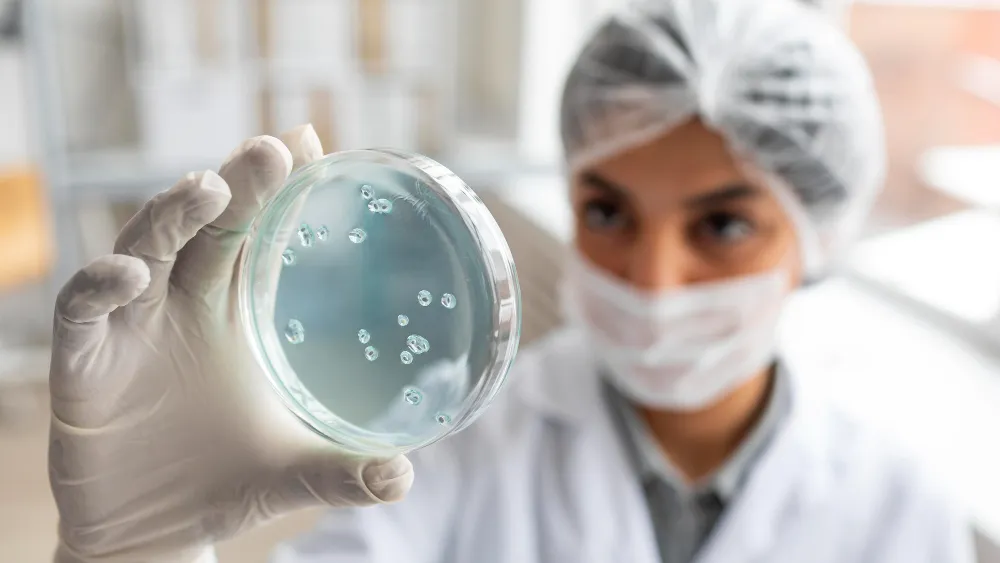Bio-Restorative Stem Cells has emerged as one of the most promising advancements in modern medicine, offering hope for treating a variety of diseases and conditions that were once considered untreatable. As research progresses, the significance of stem cell therapy continues to grow, revolutionizing the way we approach healthcare and regenerative medicine.
What is Bio-Restorative Stem Cells?
Bio-Restorative Stem Cells involves the use of stem cells to repair, regenerate, or replace damaged tissues and organs. Stem cells are unique in their ability to develop into different cell types, making them a crucial tool in regenerative medicine. They can be derived from various sources, including embryonic stem cells, adult stem cells, and induced pluripotent stem cells (iPSCs).
The Importance of Bio-Restorative Stem Cells
- Regenerative Potential Bio-Restorative Stem Cells has the ability to regenerate damaged tissues, offering hope for patients suffering from degenerative diseases such as Parkinson’s, Alzheimer’s, and osteoarthritis. Unlike traditional treatments that manage symptoms, Bio-Restorative Stem Cells focuses on repairing the root cause of these conditions.
- Treatment for Chronic Diseases Conditions like diabetes, heart disease, and multiple sclerosis have seen significant breakthroughs due to stem cell research. By replenishing damaged cells, stem cell therapy has the potential to restore function and improve the quality of life for millions of patients.
- Advancements in Organ Transplantation Bio-Restorative Stem Cells can be used to grow new tissues and potentially entire organs, reducing the need for organ transplants and eliminating the risk of rejection. This could be a game-changer for those on long transplant waiting lists.
- Personalized Medicine Bio-Restorative Stem Cells paves the way for personalized medicine, where treatments are tailored to an individual’s genetic makeup. This approach enhances treatment efficacy and reduces the risk of adverse reactions.
- Potential for Neurological Repair Bio-Restorative Stem Cells has shown promise in treating spinal cord injuries, stroke, and other neurological disorders. By regenerating nerve cells, this therapy offers hope for patients with paralysis and other severe neurological impairments.
Challenges and Ethical Considerations
Despite its potential, Bio-Restorative Stem Cells is not without challenges. Ethical concerns, particularly regarding the use of embryonic stem cells, continue to be debated. Additionally, ensuring the safety and effectiveness of treatments through rigorous clinical trials is crucial before widespread adoption.
The Future of Bio-Restorative Stem Cells
As research advances, Bio-Restorative Stem Cells is expected to become more refined and accessible. With ongoing breakthroughs, the potential to cure previously incurable diseases is within reach, making this field one of the most exciting areas in modern medicine.
Bio-Restorative Stem Cells represents a groundbreaking shift in medical treatment, with the potential to heal and restore health in ways previously unimaginable. While challenges remain, the continued progress in this field offers immense hope for patients worldwide, making it a vital area of focus for future medical advancements.









